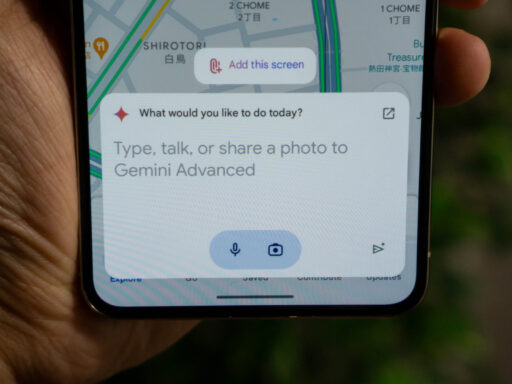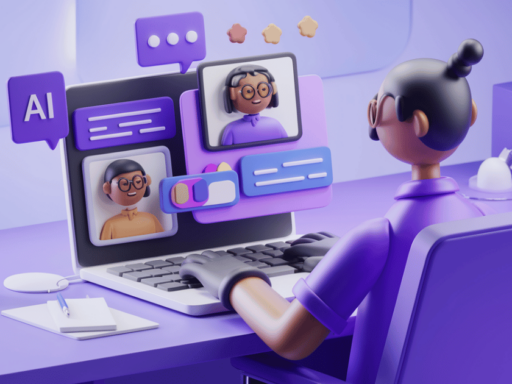For a long time, non-player characters (NPCs) in video games have followed rigid scripts and routines, limiting their ability to feel truly dynamic and responsive. However, recent advancements in artificial intelligence are changing how NPCs are designed. By making these characters more intelligent and adaptive, AI is helping to bring NPCs to life in new and engaging ways.
AI allows for natural conversations between players and NPCs. Characters can now hold genuine discussions, reacting to what was previously said or done in the game world. Players feel like they’re interacting with real individuals rather than programmed robots. AI also enables NPCs to behave more realistically through daily routines and expressive emotions. Characters react organically to evolving situations instead of remaining static.
This level of reactivity enhances immersion and storytelling. NPCs develop over time based on past interactions with the player, changing their perspectives as the narrative unfolds in a way that feels authentic. Players become invested in these characters as real inhabitants of the virtual world. AI even enriches combat by giving enemies more advanced combat awareness and adaptability. Fights remain unpredictable as opponents dynamically adjust their techniques.
In virtually every respect, AI is bringing NPCs to life in new ways. Characters have become smarter, more dynamic, and more believable. This evolution is resulting in richer gaming experiences that blur the line between virtual and reality. As AI continues progressing, the future looks bright for enhancing storytelling and immersion through intelligent, responsive NPCs. Games may one day feature characters that feel as genuine as the players themselves.







